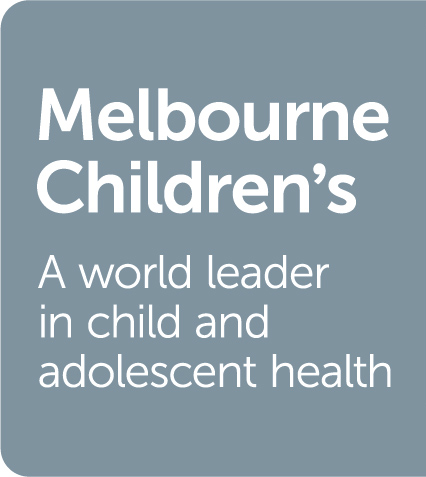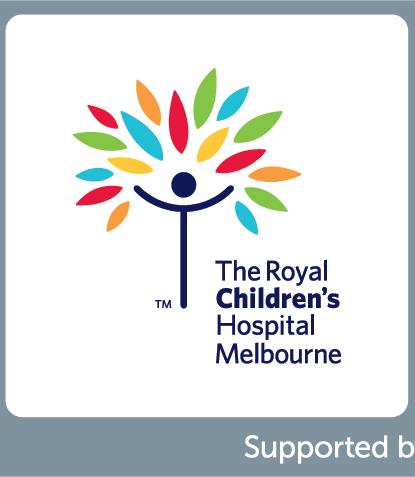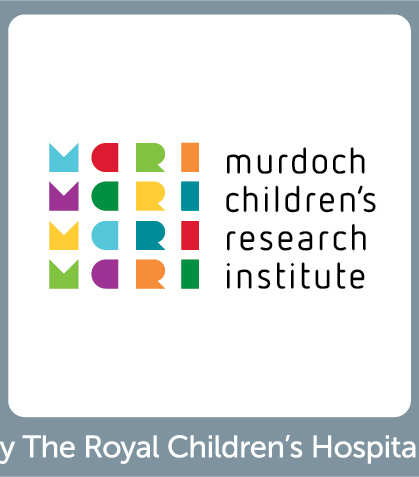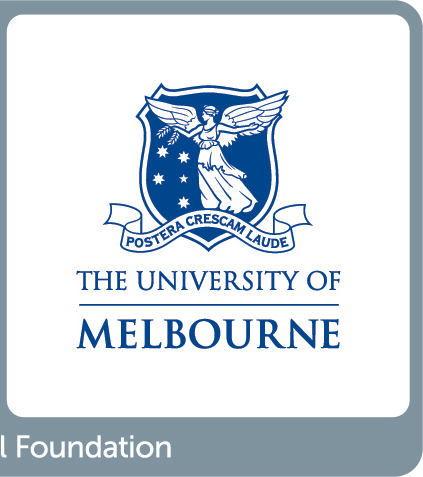Page not found
Acknowledgement of Country



At Mental Health Central we acknowledge the traditional custodians of the land on which we live, gather and work. We recognise their continuing connection to land, water and community. We pay respect to Elders past, present and emerging.
We acknowledge all people with a lived or living experience of mental ill-health and recovery. At the Campus, we particularly acknowledge children, young people, families, carers, and supporters. We recognise their vital contribution and value the courage of those who share this unique perspective for the purpose of learning and growing together to achieve better outcomes for the Campus, staff, sector, and all people of lived experience.



